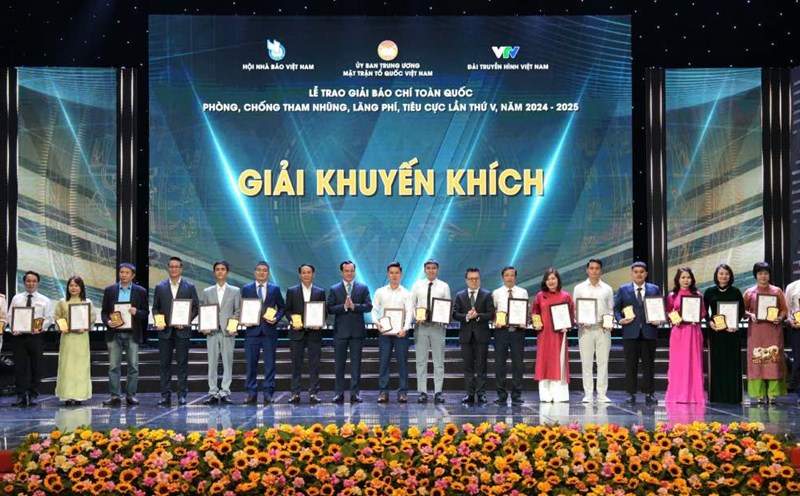Unlike traditional power steering frames, engineers from the University of Texas at Arlington (UTA) have integrated a silicon pasenger air compressor into the PASE.
This part is considered an artificial organ, pumped with gas to support the movement of the elbow. Thanks to that, the equipment is light, flexible and suitable for a variety of tasks from lifting goods to sophisticated assembly operations.
Postgraduate research assistant at the Faculty of Industrial, Manufacturing and Systematic Engineering, Mr. Eshwara Prasad Sridhar emphasized that the goal of the program is to "create a device to support muscle tension reduction and prevent injury from occurring".
The device has been tested on 19 people aged 18-45 through 3 tasks, including manual lifting, basic assembly and electric drilling. The results showed that with the help of pastE, muscle activity in the front and rear biceps decreased by 22%.
Based on the NASA Task Load Index, participants also felt an 8-10 point reduction in physical and mental work pressure.
Just preventing a work injury can have a big impact, Dr. Veysel Erel, Head of the Research Team at the UTA Research Institute, affirmed.
After the test results, UTA is currently submitting a sponsorship proposal to the National Science Foundation (NSF), aiming to develop pastE technology into a bone framework that can support all upper limbs including the elbow, wrist and finger.
By combining knowledge of robots, mechanics and human factors, we are creating useful technologies that make the working environment safer and smarter, says Dr Veysel Erel.











